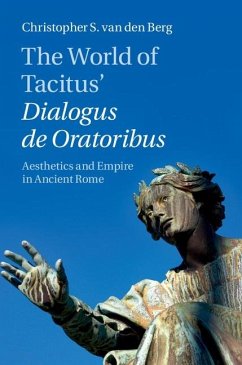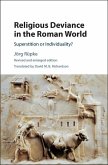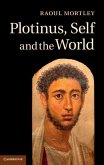Coming to terms with the rhetorical arts of antiquity necessarily illuminates our own ideas of public discourse and the habits of speech to which they have led. Tacitus wrote the Dialogus at a time (ca. 100 CE) when intense scrutiny of the history, the definitions, and the immediate relevance of public speech were all being challenged and refashioned by a host of vibrant intellects and ambitious practitioners. This book challenges the notion that Tacitus sought to explain the decline of oratory under the Principate. Rather, from examination of the dynamics of argument in the dialogue and the underlying literary traditions there emerges a sophisticated consideration of eloquentia in the Roman Empire. Tacitus emulates Cicero's legacy and challenges his position at the top of Rome's oratorical canon. He further shows that eloquentia is a means by which to compete with the power of the Principate.
Dieser Download kann aus rechtlichen Gründen nur mit Rechnungsadresse in A, B, BG, CY, CZ, D, DK, EW, E, FIN, F, GR, HR, H, IRL, I, LT, L, LR, M, NL, PL, P, R, S, SLO, SK ausgeliefert werden.









